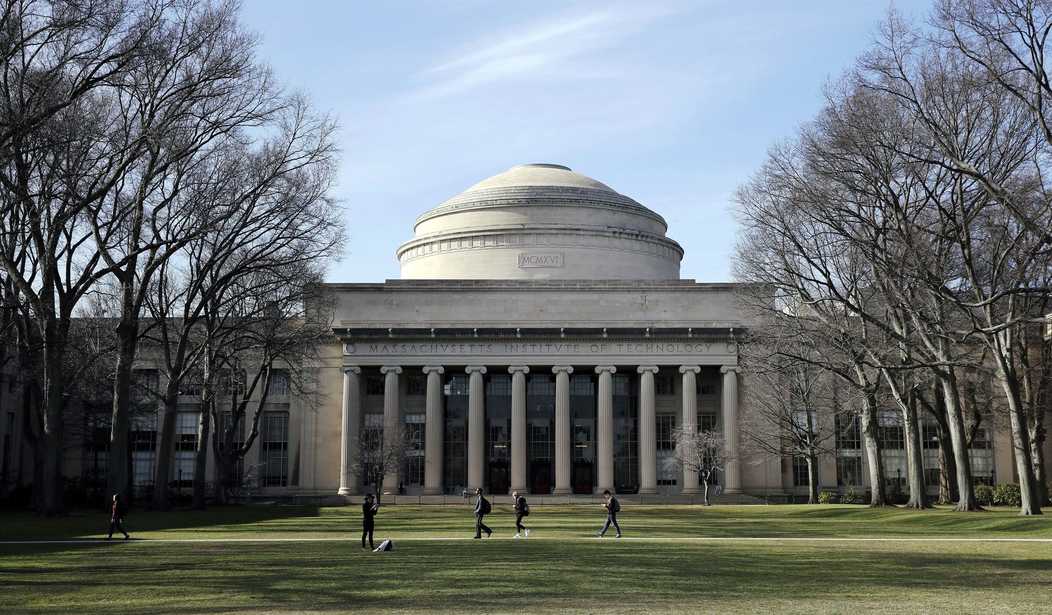This week, the Massachusetts Institute of Technology announced that starting in 2025, it plans to waive tuition for students whose families earn less than $200,000 annually. On top of that, for students from families making under $100,000, even housing, dining, and personal expenses will be covered.
On paper, this sounds like a dream come true for families struggling with the rising costs of higher education. But look closer, and this sweeping change has serious pitfalls that could harm students, families, and even MIT itself in the long run.
Of course, the first question you’re probably wondering about is: who is paying for this? According to MIT, it has earmarked nearly $170 million from its endowment for this plan. That’s all fine and good, but this isn’t necessarily a reliable means to fund this program.
Recommended: Matt Gaetz Breaks Silence on His Next Move After Resigning From Congress
While the university undoubtedly has an impressive endowment, relying more heavily on this finite resource risks compromising the quality of the education MIT provides. Harvard’s endowment lost millions in donations amid donor outrage over antisemitism on campus. What happens to the program if MIT suddenly experiences a sharp decline in donations? Will MIT suddenly prioritize accepting students from wealthy families in such a situation? Moreover, subsidizing this program could lead to cutbacks in areas that make the university stand out — such as state-of-the-art labs, research initiatives, or even staffing levels.
And what about other elite schools that don't have a similar program? They may have to copy this free tuition plan despite not having as large an endowment as MIT.
Perhaps the bigger issue, though, is the unintended impact on students’ attitudes toward education. When students aren’t contributing anything financially, it risks reducing the perceived value of the education they’re receiving. When a student knows he's on the hook for tuition or to pay back student loans, he has an incentive to succeed. MIT may be an elite school, but will students take their classes and responsibilities as seriously if their families have no financial skin in the game? If the program succeeds in the short term, how many schools will attempt similar programs where the shortcomings of this model are more likely to backfire and more quickly?
MIT’s new free tuition program may sound like a solution to the skyrocketing costs of higher education, but it does nothing to address the root of the problem: why education is so expensive in the first place. Waiving tuition for students simply shifts the financial burden onto the university’s endowment and donors rather than tackling the bloated administrative budgets, excessive capital expenditures, and all other inefficiencies that have driven tuition costs to ridiculous levels.
While I'm sure this bold new program has the best of intentions, I'm not convinced that this isn't going to have negative consequences down the road. I'd much rather see solutions to address the root causes of high tuition rather than quick fixes that will make it worse.










